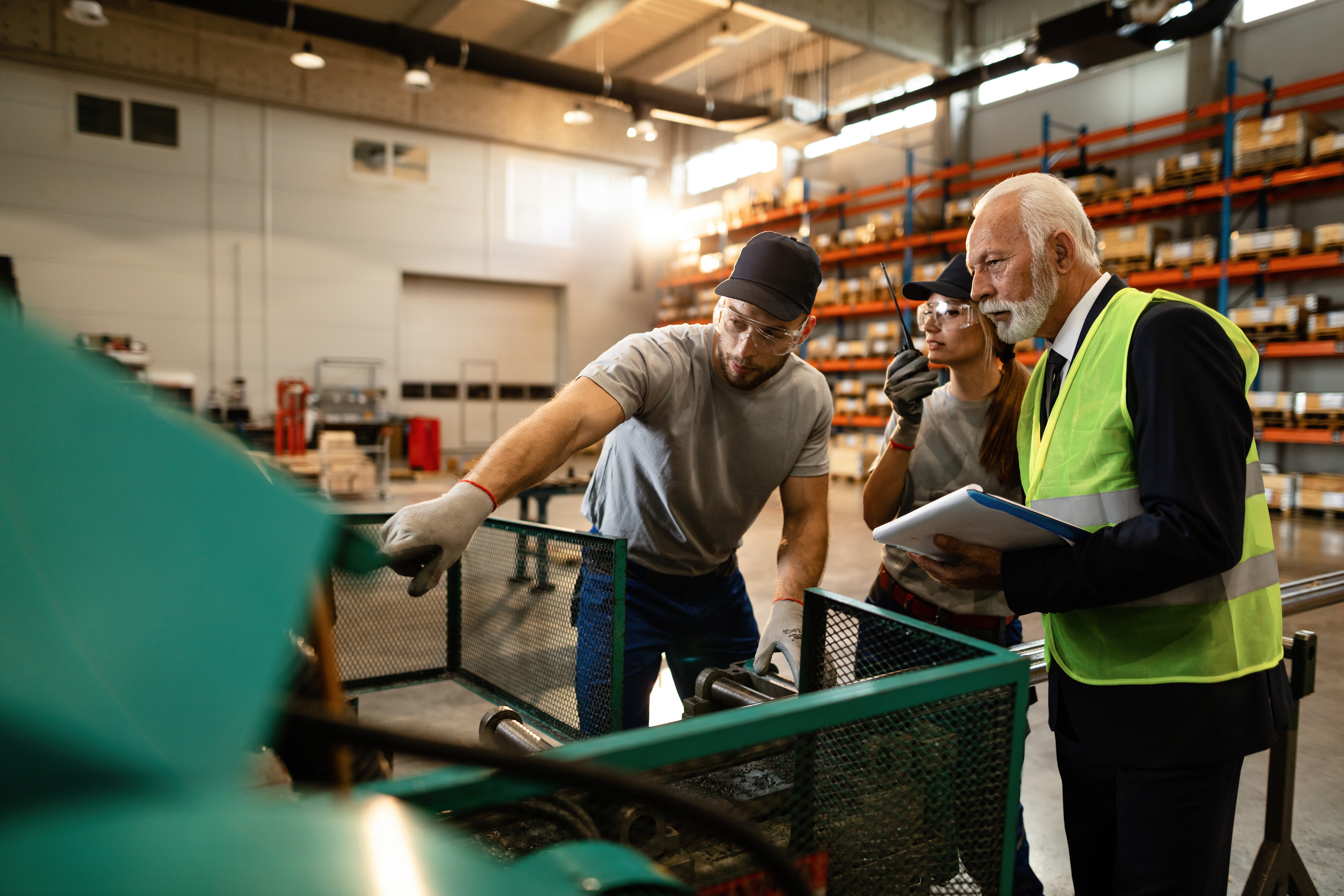Engaging contractors is an everyday part of business for many organisations. In some sectors – like retail, manufacturing, or construction for example – contractors can make up the larger portion of a workforce.
As such, it is important that people managers, HR teams or business owners are aware of their legal duties when it comes to contractors.
Who or what is a contractor?
At its simplest a contractor is a person who performs work under a service of contract for a set fee. The business engaging the contractor does not pay wages or superannuation or provide other benefits such as leave entitlements to the contractor.
Contractors will typically:
- work at their own initiative to achieve a stated result as agreed with by the business that engages them.
- be free to provide services to multiple clients.
- have the option (often in agreement with the business that engages them) to delegate all, or some, tasks to another person – this is commonly referred to as sub-contracting.
- be responsible for rectifying poor work at their own cost and effort.
- provide their own tools and equipment to complete the agreed service.
In many respects, contractors retain a certain degree of independence from the business that engages them. Yet the extent to which this independence extends to workplace health and safety duties is worth a closer look.
Duty of care
Many businesses misunderstand whether they have a duty of care towards the contractors they engage.
The health and safety legislation places a duty of care on businesses to provide a safe workplace for all workers and contractors and other persons in a workplace under its control. In addition, the legislation states that those “workers” extend past your employees. The legislation states that workers include anyone who carries out work for the business.
This means a worker can be an employee; a contractor or subcontractor, of the employee of a contractor or subcontractor; an employee of a labour hire company who works in the business; or an apprentice, trainee; work experience student; or a volunteer. It’s a long list!
At the same time the legislation clearly states that contractors have a duty of care towards their own employees and to everyone else at a workplace where they are working.
So, where and with whom does the buck stop?
The short answer to this question is – both. Both the business engaging the contractor, and the contractor itself have safety responsibilities. But how does this work in practice?
Setting up a platform to engage your contractors & sub-contractors so that they are aware of any potential hazards while they are on your sites will minimise the risks to your business.


